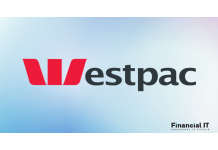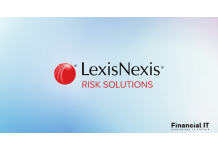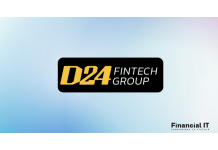Introducing AI‑Powered Scam Alerts For Friends And...
- 22.07.2025 10:45 am
Yubico Delivers Pin Advancements With New YubiKey 5 –...
- 21.07.2025 07:55 am
Monzo Fined £21M For Failings In Financial Crime...
- 08.07.2025 01:35 pm
Westpac Introduces New Scam Detection Technology
- 03.07.2025 09:40 am
Finom Validates Trust And Information Security...
- 01.07.2025 10:05 am
Bloomberg Launches Company-Level Geopolitical Risk...
- 26.06.2025 02:25 pm
UK Businesses Demand Fairer Payments As Chargeback And...
- 25.06.2025 10:45 am
LexisNexis Risk Solutions And Kia Europe Enhance...
- 25.06.2025 08:55 am
Quantum Computing Poses a Threat To The Crypto...
- 24.06.2025 02:05 pm
UK Banks Brace for Battle with Increasingly...
- 19.06.2025 02:35 pm
Jumio Launches Premium Liveness Detection Solution for...
- 19.06.2025 09:55 am
85% of Merchants Battle to Balance Customer Experience...
- 19.06.2025 08:25 am






















